Making a short film can be a fun and rewarding experience. Whether you’re a budding filmmaker or just looking to create something memorable, a short film is a great way to express your creativity. Here are a few tips to get you started:
- come up with a great story. This is the most important part of any film, short or otherwise. Without a strong story, your film will fall flat. Spend time brainstorming and developing your plot before you start filming.
- Keep it simple. A short film doesn’t need to be overly complicated. Simplicity is often key to making a great short film. Keep your story straight and your shots clean and uncluttered.
- Be efficient. Since you only have a limited amount of time to tell your story, you’ll need to be efficient with your writing and filming. Write a tight script and plan your shots ahead of time so you can make the most of your time on set.
- Get creative. A short film is a perfect opportunity to let your creativity shine. Embrace your inner artist and let your imagination run wild.
- Have fun. Making a short film should be a fun experience. Don’t get too stressed out, and remember to enjoy the process.
With these tips, you’re ready to start making your short film. So get out there and start shooting!
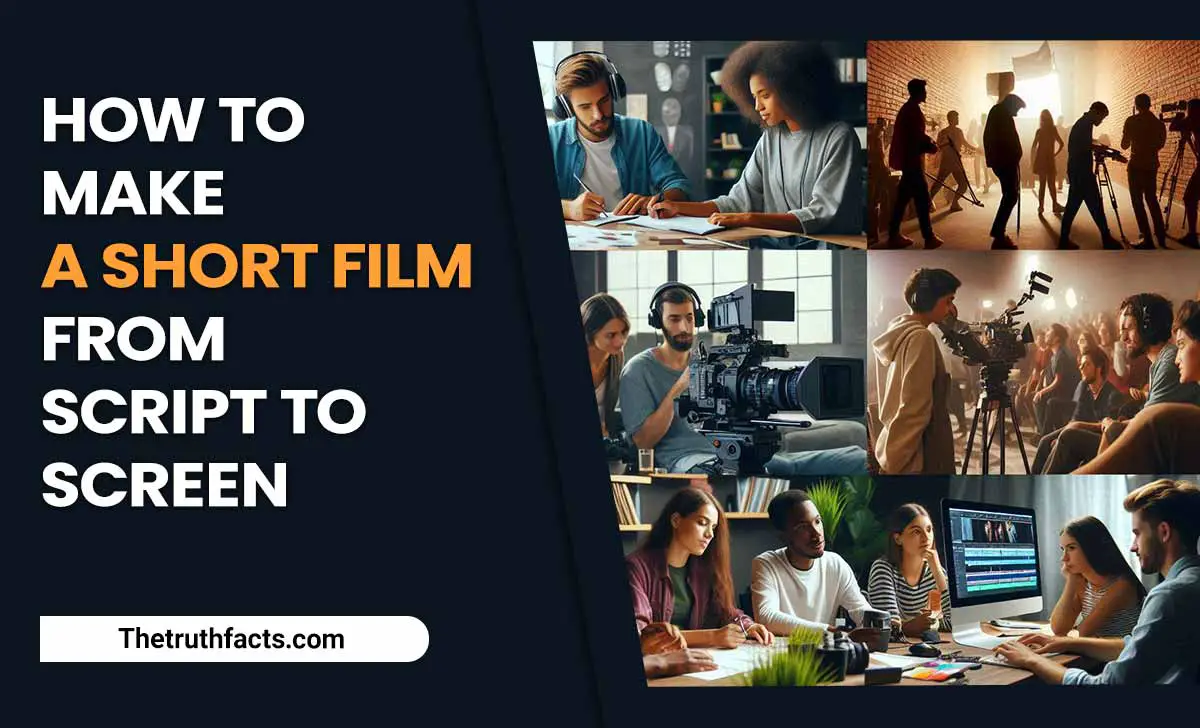
How Do You Come Up With A Short Film Idea?

Whether you want to make a short film for a contest, to build your portfolio, or just for fun, you need a great idea to get started. Coming up with a short film idea can be daunting, but it doesn’t have to be. You can develop a great concept for your next project with a little brainstorming.
Here are a few tips to help you come up with a short film idea:
1. Start with a genre
One of the first things to consider when coming up with a short film idea is the genre. Do you want to make a comedy, drama, thriller, or something else? Once you have a general idea of the genre you want to work in, you can narrow down your concept.
What’s your story?
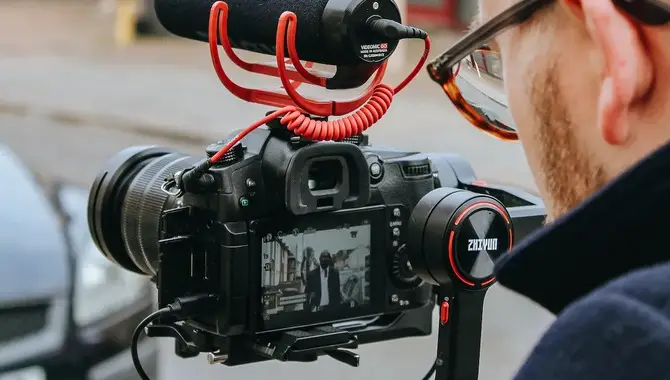
Every great film starts with a great story. What’s yours? What are you trying to say with your short film? What kind of emotions do you want to evoke in your audience? These are all important questions to consider when coming up with your story.
What’s your budget?
Budget is always a consideration when making a film, but it’s especially important when making a short. You won’t have as much time or money to work with, so developing a concept that can be executed within your budget is important. When you’re making a short film, you have to be mindful of the log
Istics. Can you shoot the film you envision, given your time and resources?
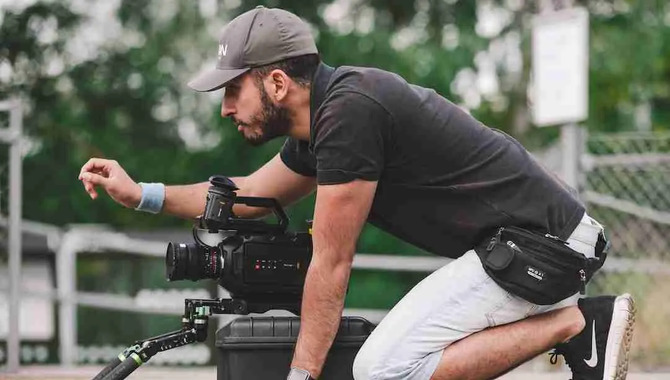
It’s important to be realistic about what you can achieve, given your limitations. 5. Brainstorm with others One of the best ways to develop a great short film idea is to brainstorm with others. Get together with friends or fellow filmmakers and bounce ideas off each other. You may be surprised at the great ideas of a group brainstorming session. If you keep these tips in mind, you’ll be well on your way to developing a great short film idea. And who knows your next great film could be just around the corner.
How Do You Develop A Short Film Script?
If you want to develop a short film script, there are a few things you need to do. First, you need to come up with an idea. This can be something you’ve been thinking about for a while or something that just came to you. Once you have your idea, you must develop it into a story. This means figuring out your film’s beginning, middle, and end. Once you have your story, you can start writing your script.
When you’re writing your script, you need to keep in mind the format of a screenplay. This includes things like action lines and dialogue. Once you have your script written, you need to find people to help you make your film. This includes actors, a director, and a crew. Once you have your people, you can start filming your short film.
Developing a short film script can seem like a daunting task, but if you take it one step at a time, it’s doable. Just develop an idea into a story, and then write your script. Then find the people you need to help you make your film. And finally, start filming. Good luck!
How Do You Get Funding For A Short Film?
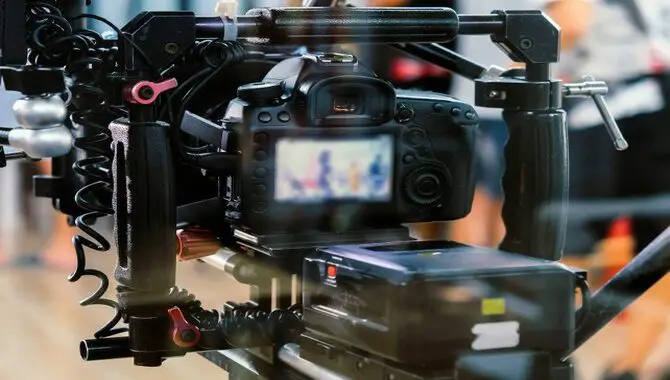
Getting funding for your short film can seem daunting, but there are a few avenues you can explore to get the money you need to make your film a reality. One option is to apply for grants from film organizations or foundations. These organizations usually have specific guidelines for what projects they will fund, so be sure to research before applying.
Another way to get funding is to hold a crowdfunding campaign. This is where you solicit donations from family, friends, and strangers who want to support your project. You can use several crowdfunding platforms, such as Kickstarter or Indiegogo.
You can also contact businesses or individuals interested in sponsoring your film. This can be a great way to get funding, but it’s important to remember that you will likely have to give something in return, such as featuring the sponsor’s product in your film or giving them a mention in the credits.
Finally, you can also look into self-funding your film. This option may not be ideal, but it is an option if you’re willing to put in the extra work. You can generate income by holding other jobs or by selling personal belongings. You can also look into taking out loans from family and friends. Regardless of your route, remember that it takes a lot of hard work and dedication to get funding for your short film. But if you’re passionate about your project, anything is possible.
How Do You Shoot And Edit A Short Film?
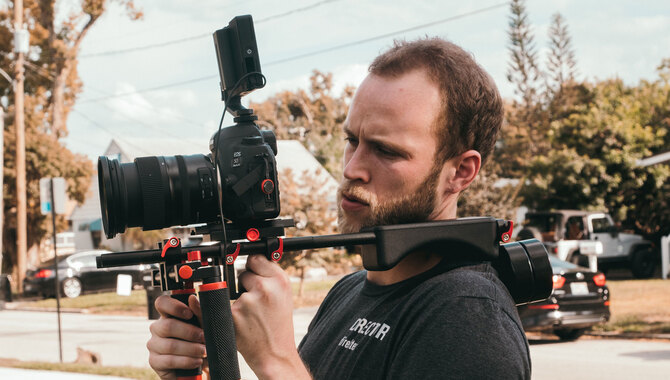
Shooting and editing a short film can be a fun and rewarding experience. Here are a few tips to help you get started:
- Choose your story. Before you start shooting, it’s important to have a clear idea ofWhat your film will be about. What is the central conflict or theme? What kind of tone do you want to set?Once you understand your story well, you can start planning your shots.
- Plan your shots. A well-planned film will be more efficient to shoot and flow better when edited. Map out each scene and decide what camera angles you want to use. This will make it easier to stay on track while you’re shooting.
- Set up your camera. Once you have your story and shots planned, it’s time to set up your camera. If you’re using a DSLR, ensure you have the right lenses for the job. For a more cinematic look, consider using a tripod.
- Start shooting! Now it’s time to bring your story to life. Get creative with your shots and have fun with them.
- Edit your film. After you’ve shot all your footage, it’s time to start editing. This is where you’ll piece together your film and add special effects or graphics. Editing can be lengthy, so be patient and take your time.With these tips, you’re ready to start shooting and editing your short film. Have fun and be creative!
How Do You Promote And Distribute A Short Film?
- Start by creating a website or landing page for your film. This is where people can learn more about the film and watch the trailer (if they have one).
- Next, start reaching out to film festivals. There are many different festivals, so do your research to find the ones that would be the best fit for your film.
- As you get accepted into festivals, start promoting your film on social media and other online channels. Be sure to use relevant hashtags so people can easily find your film.
- If your film is available online, post it on popular video-sharing platforms like YouTube and Vimeo. This will help increase its reach.
- Finally, once your film has been shown at festivals and is available online, reach out to film critics and reviewers to get them to watch and write about it. This can help generate even more interest and exposure for your film.
Conclusion
To make a short film, you must have a story, a script, actors, and a camera. You will also need to find a location to film, and you will need to edit your film. Hopefully, you now understand how to make a short film. If you have any questions, please feel free to comment below.

I’m a writer and blogger who loves to talk about entertainment, culture, and relationships. I love to share my thoughts and insights on these topics, and I’m always looking for new ways to engage with my readers. I’m also a big fan of learning new things, so I’m always exploring new areas of interest.
